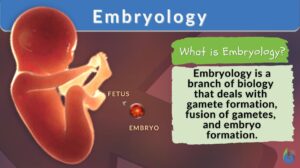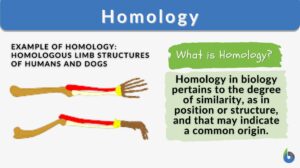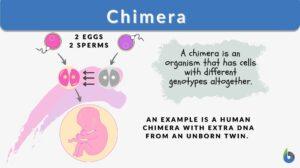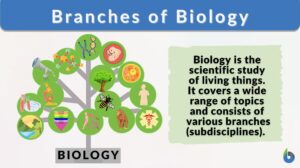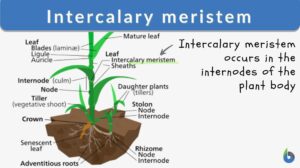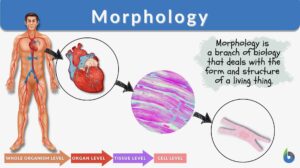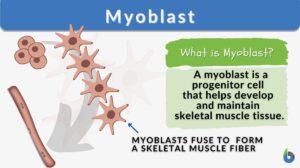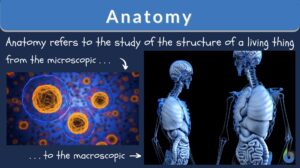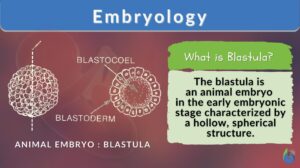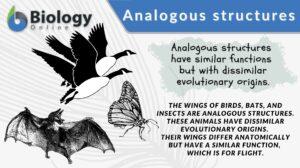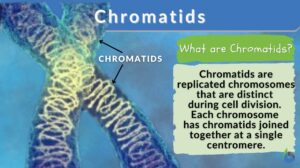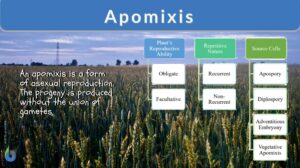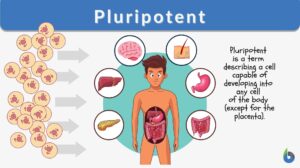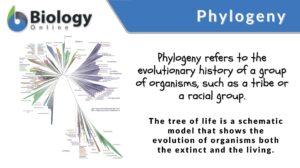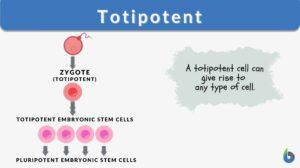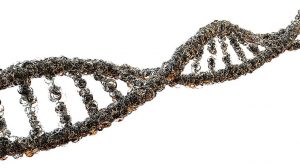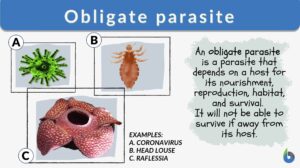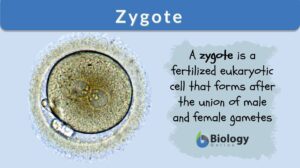Search Results for: developmental
Embryology
Embryology Definition Embryology is a branch of biology that deals with the topics concerning gamete formation... Read More
Developmental anatomy
Developmental anatomy (Science: procedure) anatomy of the structural changes of an individual from fertilization to... Read More
Developmental Biology
Developmental biology is a biological science that is primarily concerned with how a living thing grows and attains... Read More
Branches of biology
What is a Branch of Biology? A branch of biology is a specialized field or a sub-discipline in a much broader field of... Read More
Intercalary meristem
The basic structural framework of plants is composed of different types of tissues. Based upon the capacity to divide, the... Read More
Morphology
Morphology Definition Morphology means the study of the shape and structure of living things from a biological perspective.... Read More
Peritoneum
What is the Peritoneum? The term peritoneum refers to the serous membrane that constitutes the biologically active inner... Read More
Dedifferentiation
Definition noun (developmental biology) A cellular process in which a differentiated cell loses its special form or... Read More
Opisthomastigote
Definition noun, plural: opisthomastigotes (protistology) The developmental stage or the morphological form in the lifecycle... Read More
Y chromosome
Y chromosome Definition The Y chromosome constitutes one member of the pair of sex chromosomes within an organism, a common... Read More
Amastigote
Definition noun, plural: amastigotes (protistology) A cell (or the unicellular organism) that does not have flagella (or... Read More
Centrosome
Centrosome Definition What is a centrosome? The centrosome is considered to be the main microtubule-organizing... Read More
Cell differentiation
Cells are often described as the building blocks of life as they are the smallest unit used to build up organisms. Cells can... Read More
Analogous structures
Analogous Structures Definition In evolutionary biology, analogous structures are biological structures having similar or... Read More
Chromatids
Chromatid Definition Chromatids are found inside our cells. Chromatids are condensed chromosomes distinguishable during... Read More
Choanomastigote
Definition noun, plural: choanomastigotes (protistology) The developmental stage or the morphological form in the lifecycle... Read More
Determinate cleavage
Definition noun A type of cleavage on the basis of the potentiality of blastomeres in which the blastomeres (resulting from... Read More
Pluripotent
Pluripotent Definition What is pluripotent? In biology, the term "pluripotent" means capable of developing into... Read More
Totipotent
Totipotent Definition What is totipotent? In general terms, totipotency is defined as the ability of a single cell to... Read More
Myeloblast
Definition noun, plural: myeloblasts A precursor cell that gives rise to a promyelocyte during... Read More
Heterochrony
Definition noun, plural: heterochronies Refers to the rate of morphological transformations accomplish by the developmental... Read More
Genetic Mutations
Reviewed by: Mary Anne Clark, Ph.D. Genetic Mutations Genetic mutations are inherited variations in an... Read More
Obligate parasite
Parasitism is a form of symbiosis that occurs between a parasite and its host. The parasite is the organism that generally... Read More
Hematopoiesis
Definition noun, plural: hematopoieses A biological process in which new blood cells are formed, and is usually taking place... Read More

